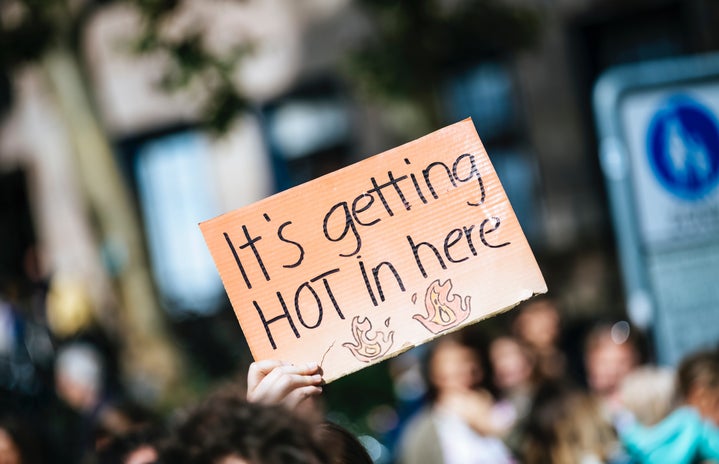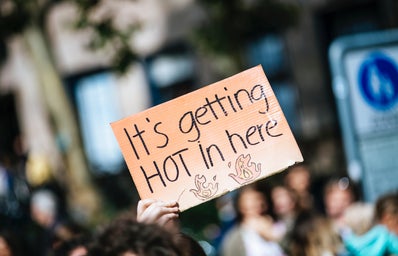When the world came to a quiet standstill last March, many of us, including myself, took the opportunity to get out in nature more. One of the first things I noticed during the weeks of lockdown was that I could hear the sounds of insects and birds so much more clearly, without noise from cars and human activity. This was a refreshing experience that made me realize just how much of an impact we have on nature.
With less noise and pollution, several countries in lockdown saw improved air quality. However, while pandemic lockdowns benefited the environment temporarily, the effects of the pandemic on the global economy will continue to damage the environment in the coming years. Even more, the pandemic itself is a warning to us of how powerful our mark on the natural world is.
Although the two don’t immediately seem related, the worse we treat our environment, the greater the chance of a pandemic. In fact, over the past couple of decades, there has been a rise in the number of pandemics, and scientists say we are entering a “pandemic era.” Viruses such as Ebola, Swine Flu and Dengue have been ravaging populations in recent years. Now, with COVID-19, we should take time to think about how we got here—not just in terms of the spread of the disease in humans but also in terms of how it was transmitted to humans in the first place.
The climate has been getting warmer because of industrial activity, and these high temperatures are more conducive to the survival of bacteria and viruses. This has caused cities that wouldn’t normally host certain diseases to become hotspots in recent years. With COVID-19 specifically, climate change in Southeast Asia has led to a proliferation in bat species. Increased temperatures and carbon dioxide levels have shifted China’s tropical shrublands to more of a savannah landscape. This environment is more conducive to bats. With greater species, there are increased chances of disease-carrying mutations that can spread over to humans. Scientists estimate that just the new species of bats alone could be carrying over 100 types of coronaviruses.
Big companies continue with deforestation projects without regard to the environment. This forces animals into ecosystems in which they wouldn’t normally belong. Not only can this tip the balance of these ecosystems, but it also makes it more likely for the diseases these animals carry to spread to more places. As animals whose homes were taken away relocate, they are oftentimes forced into closer contact with humans, which increases the chance that the disease can jump over between species as well as directly to humans.
To prevent the spread of these highly transmissible diseases in the future, governments need to impose harsher regulations on hunting, agriculture and deforestation. Companies should also take greater responsibility in managing these practices at a healthy pace. While we as individuals should continue doing our part in living green, when just 100 corporations emit 71% of the greenhouse gases, there is only so much of an impact the choices of individual citizens can have. While climate change and deforestation efforts may seem like a problem that only affects plants and animals, the COVID-19 pandemic is a prime example of how our well-being will also be severely compromised in the long run.




